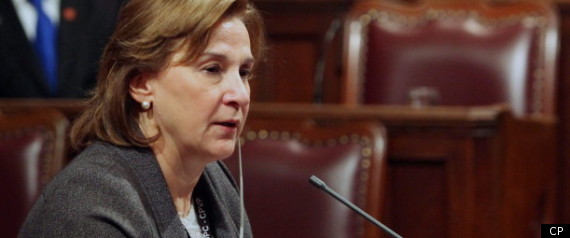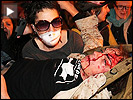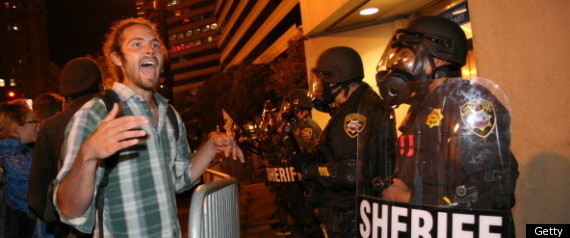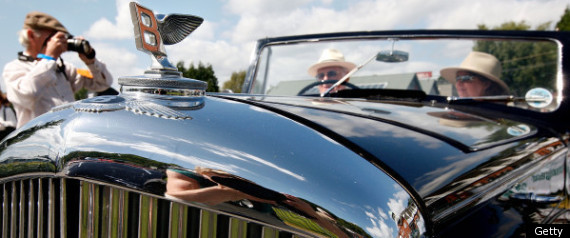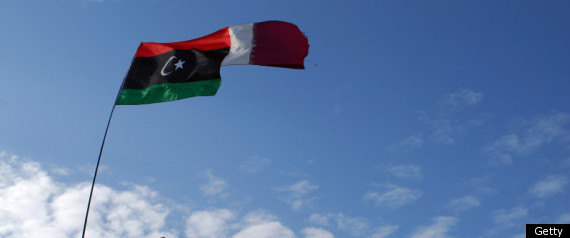 UNITED NATIONS — The U.N. Security Council voted unanimously Thursday to lift the no-fly zone over Libya on Oct. 31 and end military action to protect civilians, acting swiftly following the death of Moammar Gadhafi and the interim government's declaration of the country's liberation.
UNITED NATIONS — The U.N. Security Council voted unanimously Thursday to lift the no-fly zone over Libya on Oct. 31 and end military action to protect civilians, acting swiftly following the death of Moammar Gadhafi and the interim government's declaration of the country's liberation.The council authorized the actions on March 17 in response to an Arab League request to try to halt Moammar Gadhafi's military, which was advancing against rebels and their civilian supporters. The NATO bombing campaign that followed was critical in helping the rebels oust Gadhafi from power in August.
"This marks a really important milestone in the transition in Libya," Britain's U.N. Ambassador Mark Lyall Grant said. "It marks the way from the military phase towards the formation of an inclusive government, the full participation of all sectors of society, and for the Libyan people to choose their own future."
In Berlin, NATO Secretary-General Anders Fogh Rasmussen said the alliance on Friday would confirm its earlier, preliminary decision to end operations Oct. 31.
